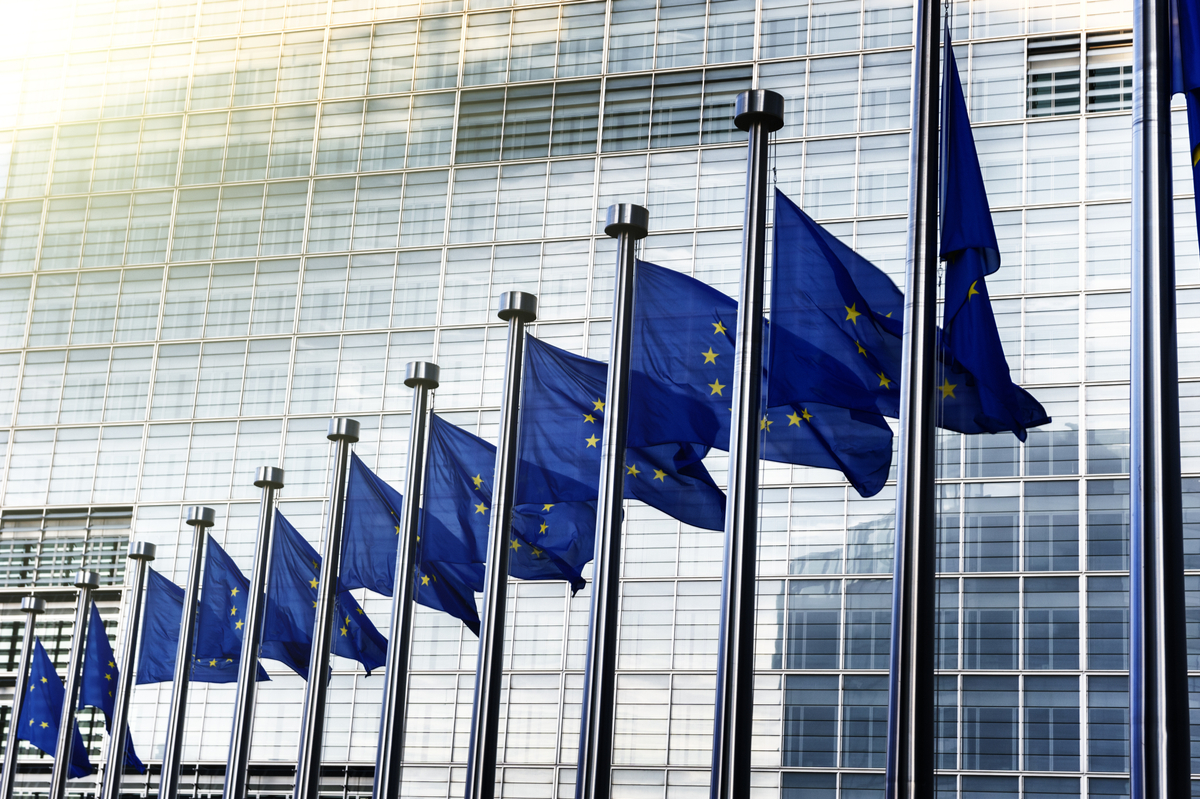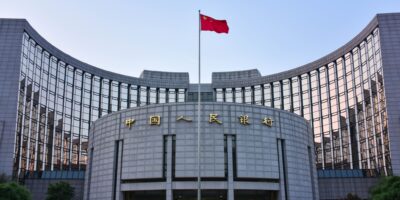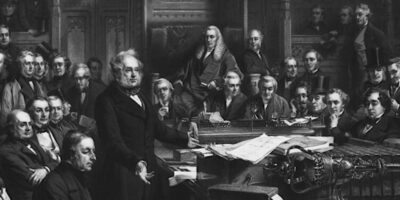The End of the European Union and the Prospects for Liberty
It is often said by critics of the European Union that it started out as a good idea, but in recent years (or decades) has turned sour. Regardless of how tiresome it can be to hear this claim, it is still true (which perhaps makes it so frustrating to hear).
When the European Economic Community was founded in 1957 by six countries in Western Europe, it was a community of free states still traumatized by two World Wars, having witnessed the disastrous effects of fascism and having the threat of Communism right next door.
The evils of collectivism had become way too obvious, and so they came together to do it differently, to establish a European future based on peace and free trade across borders (though the extent to which the “Founding Fathers” of Europe were driven by these liberal intentions rather than simple Realpolitik is still disputed today). From this arose an area which encompasses nearly the entire continent today, where people can, to a large extent, trade freely with whoever they want and move around to whichever place they like.
The Agenda Changed
Still, of course, much has changed since then. Free trade and further liberalization aren’t high on the agenda anymore. Rather, protectionism – and showing how tough Europe is in silly and destructive trade wars with the U.S. – is popular in Brussels. Rather than extending the common market of internal free trade to new areas like digital markets, attempts to harmonize all kinds of regulations to, of course, high levels, are dominating.
The European Commission, the EU’s executive body if you want, has become increasingly hostile to free enterprise, penalizing any companies that are successful for being successful. All the more, the Brussels establishment seems out of touch with Europeans, deciding on the latter’s lives from a capital city hundreds of miles away from most people in a semi-democratic way at best.
Many more problems could be mentioned at this point, but this should suffice. At the end of this week, over the span of May 23 to 26, Europeans will head to the voting booth for the European elections, which will result in a new European Parliament as well as Commission and will also provide a sign on what kind of EU Europeans want. And yet, while much is still in flux only a few days before, it is already clear that liberty will continue to be on the losing end.
The establishment forces want to continue on the path to an “ever closer union,” with an even tighter and more comprehensive eurozone, a common “social policy,” including, for instance, a European minimum wage, new taxes like a digital tax on (mostly American) tech companies, and further attempts to hand sovereignty away from the local and national level to Brussels. Differences between the center-right and center-left surely exist, but they are minimal.
Anti-Establishment
Of course, the establishment has new opponents that are destined to become stronger in the elections. There are, on the one hand, the likes of France’s President Emmanuel Macron who thinks that all these proposals are great, but they don’t go far enough. We need even more EU. Then there are the Greens, strong especially in countries like Germany, who may be right that the environment needs to be protected better but fall into doomsday mood quickly. The earth will only survive for longer than another decade if we implement government policies that might lead to mass unemployment, because no entrepreneur could contribute to mitigating the negative effects of climate change.
At last, there are the most infamous opponents of all: the “right-wing populists.” They are set for a strong showing, gaining potentially about 35 percent of the vote in total. They are a diverse group without a doubt, from some who actually pretend to be in favor of the market economy and the rule of law to others who don’t even want to pretend anymore and have embraced clearly socialist, nationalist as well as authoritarian policies.
Strangely enough, many liberal and conservative opponents of the EU have embraced these forces, too – which makes sense at first sight, considering these, as we can call them, right-wing collectivists are opposed to more EU integration as well. Nonetheless, their reasons are dubious. Their proposals are ones against centralization in Brussels, but only to be able to have more centralization at home.
French should only be able to buy French products and should be excluded from any foreign products, say the likes of Marine Le Pen. Hungarians should only read the Hungarian press – best owned by friends of the government – not some Soros-funded outlets, says Viktor Orbán. Italian jobs should only be filled by Italians, argues Matteo Salvini. For all of them, the government should be responsible to regulate the economy, so that neoliberalism can’t cause havoc again. Trade with other countries in the world should be prevented. And needless to say, principles such as the freedom of the press and association are so outdated anyway.
The Free Trade Party
There is one final group in this fight for Europe’s future, which gives at least some hope. They call themselves the “Hanseatic League 2.0,” named after the free trade confederation in northwest Europe of the late Medieval ages. Led by the Dutch Prime Minister Mark Rutte, this is a group of Northern governments, including Denmark, Sweden, Ireland, Finland and the Baltics, that have been on the attack against Brussels centralization ever since the Brexit vote. Free trade should be the focus of the EU, not protectionism, they argue, and it is of no use to simply demand more and more centralization. Nonetheless, they are merely a small group of all small member states. It is rather doubtful whether they could actually make a change, rather than merely slowing down some adverse processes.
And thus, the situation does not look overly promising. Liberty will lose out on Sunday with many different variations of demands for centralization fighting it out over what should be done in coming years. But still, it is difficult to not be at least somewhat optimistic for the future beyond the imminent election itself. Three years ago, a country voted to leave the EU for the first time.
This week, about 35 percent will vote for Euroskeptic forces. And even if those forces are skeptical for the wrong reasons, it shows that Europeans are not happy anymore with what the EU is doing. It is here where opportunities will arise for those arguing for a decentralized and free Europe to find a voice and make a positive change at last.











